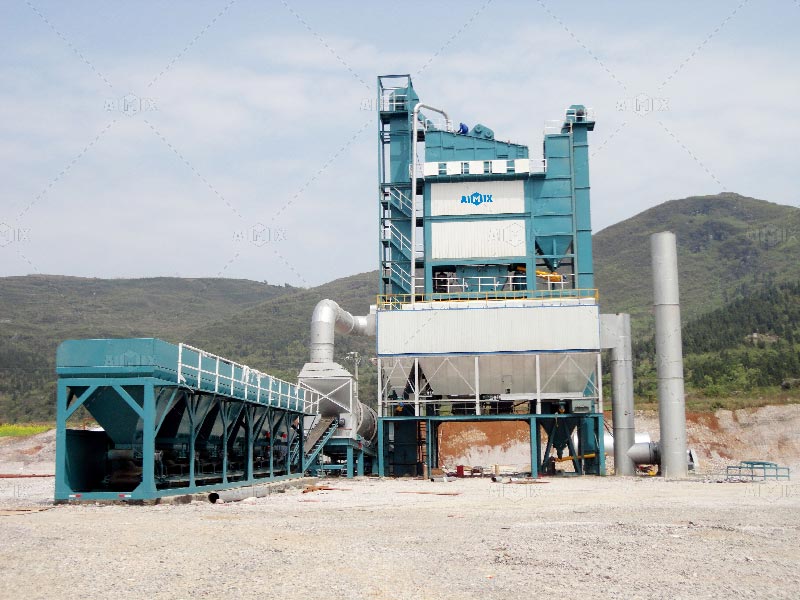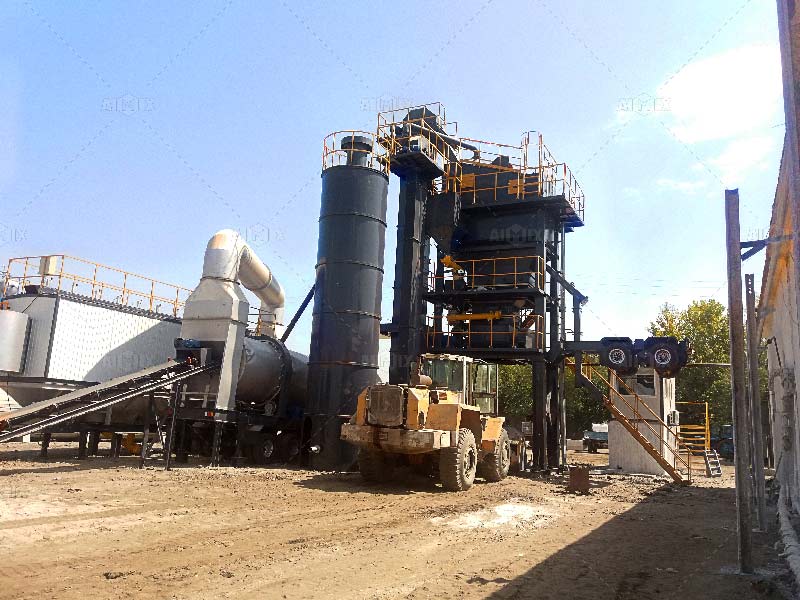Asphalt batch plants, renowned for their pivotal role in the construction industry, are increasingly embracing eco-friendly practices to minimize their environmental impact. With a focus on sustainability and efficiency, these plants are redefining the landscape of asphalt production. This article explores the innovative techniques and methodologies adopted within intermittent asphalt plants to promote a greener approach while maintaining operational excellence and cost-effectiveness.
Implementing Sustainable Processes
Advanced Recycling Technologies
Embracing advanced recycling technologies within asphalt batch plants(plantas de asfalto por lotes) has become a cornerstone of eco-friendly operations. By integrating reclaimed asphalt pavement (RAP) into the production process, these plants can significantly reduce the consumption of raw materials while ensuring the quality and durability of the asphalt mix. This sustainable practice not only minimizes waste but also contributes to a more cost-effective and resource-efficient production cycle.
Energy-Efficient Heating Solutions
In a bid to curb energy consumption and reduce carbon emissions, modern asphalt batch plants are incorporating energy-efficient heating solutions. The utilization of cutting-edge heating technologies, such as infrared heating and thermal energy recovery systems, enables these plants to optimize the heating process, thereby minimizing energy wastage and fostering a more sustainable and environmentally conscious approach to asphalt production.
The Role of Sustainable Materials
Utilizing Recycled Aggregates
The integration of recycled aggregates in the asphalt mix within asphalt batch plants has gained significant traction in recent years. By incorporating reclaimed materials from demolished roads and structures, these plants not only reduce the demand for natural aggregates but also contribute to the effective management of construction waste. This practice aligns with the principles of circular economy, promoting a closed-loop system that minimizes the environmental footprint of asphalt production.
Exploring Eco-Friendly Additives
In pursuit of sustainable production practices, asphalt batch plants are exploring the use of eco-friendly additives that enhance the performance and durability of the asphalt mix. Incorporating organic additives and bio-based materials not only improves the overall quality of the asphalt but also minimizes the emission of harmful pollutants, fostering a more environmentally friendly approach to asphalt production without compromising on performance or asphalt plant price(cuanto cuesta planta de asfalto).

Promoting Environmental Stewardship
Emission Control Mechanisms
To mitigate the impact of volatile organic compound (VOC) emissions and other air pollutants, asphalt batch plants are deploying advanced emission control mechanisms. The installation of high-efficiency dust collectors, wet scrubbers, and electrostatic precipitators ensures that the release of harmful particulates and gases into the atmosphere is minimized, thus complying with stringent environmental regulations and fostering a healthier and cleaner working environment.
Water Recycling and Conservation
Recognizing the importance of water conservation, asphalt mixing plants(plantas mezcladoras de asfalto) are implementing water recycling systems to minimize water consumption during the production process. By integrating advanced water treatment and filtration technologies, these plants can effectively recycle and reuse water, reducing the strain on local water resources and contributing to a more sustainable and responsible approach to asphalt production.

Conclusion
As the construction industry continues to prioritize environmental sustainability, asphalt batch plants are at the forefront of driving eco-friendly practices in asphalt production. By embracing advanced recycling technologies, sustainable materials, and robust environmental stewardship measures, these plants are setting new benchmarks for responsible and efficient asphalt manufacturing. The integration of these eco-friendly practices not only minimizes the environmental footprint of asphalt production but also underscores the industry’s commitment to building a more sustainable and resilient future for generations to come.
Clicking Here: https://AIMIXGrupo.com/